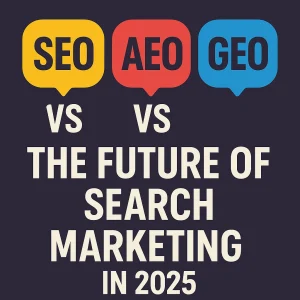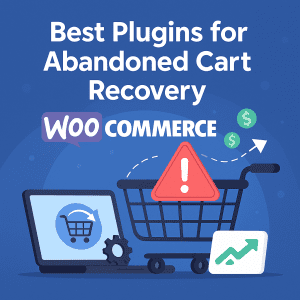 There’s no debating that Google is the world’s #1 search engine, and any website that exists for e-commerce should be tailored to match (at least reasonably) Google’s ever-changing search algorithms. Reliable web hosting is one thing and gets you solidly set up on the information superhighway, but you need to compete.
There’s no debating that Google is the world’s #1 search engine, and any website that exists for e-commerce should be tailored to match (at least reasonably) Google’s ever-changing search algorithms. Reliable web hosting is one thing and gets you solidly set up on the information superhighway, but you need to compete.
But what about Bing? Some people are quite surprised to learn that Microsoft’s search engine is still a legitimate competitor for Google when it comes to being someone’s go-to searcher. Bing is also holding its own when it comes to being a destination for Search Ads, and it seems there’s a good number of reasons why some businesses are still considering Bing for at least part of their ad placements.
Currently, Google owns 65% of market share for US searches, but that’s down from 72% since 2010. Where’s that 7 percent gone? You guessed it – Bing’s had the most growth over the last year, moving up to 19.7% (in part continuing to be powered by Microsoft’s acquisition of Yahoo years ago).
So when it comes to cost-effective search ads - what’s the better choice - Google or Bing?
Bing
Keep in mind that Internet Explorer is still the default web browser for a Windows device, and Bing comes as the default search engine.
This is a clear reflection that most Bing users are:
- Less computer savvy, given the fact that they’re not able to or not interested in upgrading to a more modern and functional web browser
- Generally over 35 years of age
- More of the blue-collar employment type as compared to white-collar
It’s not difficult to identify how these findings validate Bing as a still-popular search engine. The blue-collar, over-35 working middle class crowd makes up a HUGE part of the purchasing public in both Canada and America and - you guessed it - because their PC came with Bing as the default search engine, more often than not Bing is their search engine.
Google has hundreds of thousands more total searches and holds more of the market share in all countries except Russia, China, South Korea, and Japan. Research suggests that Google users are:
- Generally younger
- College / University educated
- More white-collar than blue-collar
- Much more tech savvy
- Facebook users
- Less likely to have children
So if your products and/or services mean that you create a large scale or worldwide campaign, Google’s your place. But if you have ones that are likely to be best targeted to domestic customers, you should still at least consider Bing. This will be particularly true if you are marketing a product or service that - for example - is geared to older, male buyers predominantly. You know the ones who very likely wouldn’t even consider installing a different web browser.
Google is much more expensive for CPC (cost per click) rates, rising 26% since 2012 and expected to continue to rise. Conversely, Bing’s current CPC rate is nearly 0.75$ less, 33.5% less expensive overall and clearly offering a much more appealing cost-per-lead rate. That’s really something to take into consideration, especially if you meet the aforementioned criteria for a certain product or service that goes with an older demographic.
Google is still the undisputed king of search engines, but don’t count Bing out entirely. And as always, content is king. Learn how to create smart ads that bring prospective customers to your website.
Here at 4goodhosting.ca we are always keen to share digital marketing insights with our web hosting clientele. Get out there and get click-throughs!
For SEO Services please visit 4goodhosting.com














